An unexpected medical diagnosis can shake anyone to the core. Extensive treatment, frequent visits to the doctor, medication regimens and more are all necessary parts of the journey toward recovery, a journey that can take both a physical and financial toll. Health insurance may not cover as much as expected, and the financial burden can be severe. Read on to learn more about helping employees with medical financial hardship.
Facing both medical financial hardship and emotional stress can affect your employee’s well-being. Using Regions Next Step—the bank’s no-cost financial education program available to all regardless of whether they bank with Regions—can help you help your employees feel supported as they face this challenge.
A recent medical hardship survey conducted by Next Step found that six in 10 (59 percent) people are confident they could cover regular and expected medical costs like co-pays and deductibles. Nearly the same number (56 percent) feel similarly about unexpected medical costs like out-of-network charges and prescriptions.
Despite this, the survey finds many people are not able to cover medical bills when they are due. Two in five people have experienced an unexpected medical event in the last year, and, among those, seven in 10 found it difficult to pay for it. More than one in three people (35 percent) have medical debt, and an overwhelming majority (82 percent) of those with debt are struggling to resolve it.
At Regions, we are committed to using our resources in ways that help people maintain and rebuild financial security. Our Next Step program offers tools and insights to help people work their way through medical cost-related challenges. Self-paced Next Step courses are accessible via a mobile device, tablet or desktop computer and are in addition to helpful articles, podcasts and video content. The courses can help your employees face these concerns:
Managing out-of-pocket health care costs
This course delivers tips for obtaining and choosing a healthcare plan, ways to avoid out-of-pocket expenses and helpful guidance for keeping expenses down, including the importance of preventative care.
Negotiating the medical bill
This course offers steps for examining medical bills, guidance on how to address possible billing errors and ways to effectively negotiate lower monthly payments.
Preventing bankruptcy
This course suggests important points to consider when coping with medical debt, such as understanding repayment options, leveraging medical care advocates, hardship plans and working with collection agencies.
Obtaining relief for medical debt
Through this course, information is given on how to evaluate a debt-relief program and topics that should be considered before potentially choosing to file for bankruptcy.
The last thing anyone wants to think about while navigating medical issues is money, but getting a handle on what can be large, unplanned medical bills is vital. For additional information, visit regions.com/NextStepMedicalHardship, or stop by any local Regions branch to speak with an associate about your specific needs and goals.






